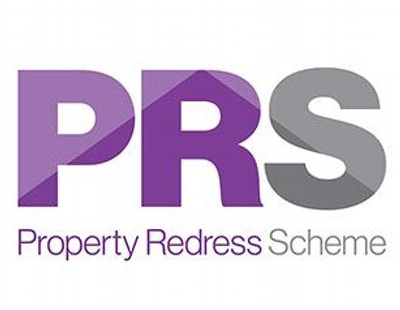
9:35 AM, 15th November 2017, About 6 years ago
Text Size
Earlier last month the Conservatives announced that all buy-to-let (BTL) landlords will be forced to register with a redress scheme, as is already compulsory for all letting and estate agents. The Property Redress Scheme (PRS) says an introduction of this kind should also be extended to include Rent to Rent (R2R) firms.
Rent to Rent companies operate by taking on a property from a landlord and in return offering them guaranteed fixed-rent for a set period of time. The landlord then gives consent to the R2R operator to let and manage the property, usually on a room by room basis, to other tenants, acting as a ‘middleman’ between the landlord and tenants living in the property. Rent to Rent is most commonly on used in Houses of Multiple Occupation (HMOs) where ‘the Renter’ makes a profit from the shared accommodation model.
However, the ‘Rent to Rent’ model does not fit the traditional definition of lettings or property management work, meaning there is a question as to whether Rent to Rent companies currently have to be signed up to a redress scheme by law.
If all other parties involved in the lettings process are to be signed up to a redress scheme, Sean Hooker, Head of Redress for the Property Redress Scheme, believes Rent to Rent firms should also be included as part of the legislation. He comments:
“R2R companies market themselves as taking away the hassle of being a landlord. However, these are complex legal arrangements. The R2R effectively becomes the tenant and the person living in the property a sub tenant.
Landlords are attracted by a guaranteed rental income but often do not realise they have to pay for an insurance policy to cover this. They also do not understand whose responsibility it is to maintain the property and think they will always get the property back in the same condition as they let it.
From the occupier’s viewpoint, they do not know they have no relationship with the property owner so when they have problems with repairs they can be left high and dry.
The current redress client does not cover tenant and landlord disputes, which essentially the relationship of the R2R and their sub tenant is.
Reputable R2R providers go to pains to make their terms transparent and fair but too often landlords turn to speculative firms trying to exploit the market and are all too aware of the loopholes they can use to their advantage.”
The steady growth and continuation of UK rental demand and increase in excessive rent prices has driven the need for tenants to rent rooms in shared accommodation as many cannot afford single units such as studios or one-bedroom flats. This has given birth to a new category of landlord – ‘The Shared Accommodation Provider.’ A ‘SAP’ or Shared Accommodation Provider is a professional, who owns or manages a property where rooms are rented individually and tenants share facilities like bathrooms and kitchens. This means that the house is shared by people which represent more than one household and is generally a house in multiple occupation if there are more than 5 tenants.
Although an efficient solution for the housing shortages across the country, this method of providing accommodation has a mixed reputation across the UK.
Monika Zec from of SAPA UK (Shared Accommodation Providers’ Association) the leading non-profit association for the multi-let industry, agrees with PRS and believes compulsory redress would be the first step to acknowledging shared accommodation as an important sector within the PRS. She says “London will never return to single occupancy as a norm (specially for young people). Shared accommodation is here to stay and therefore the government should acknowledge this and act pro-actively. It could become the solution to London’s housing problems on a short, medium and long-term basis, but it all depends on the government taking the right steps to regulate the industry properly and encourage providers to operate in a professional way.”
The Property Redress Scheme is a straightforward and easy to use consumer redress (ombudsman) scheme for Property Agents and Professionals.
The main purpose of the Property Redress Scheme is to allow agents to comply with their legal requirement to be a member of a government authorised consumer redress scheme and to settle or resolve complaints made by consumers against our Members.
Property Redress Scheme authorised by the Department for Communities and Local Government to offer redress to Lettings and Property Management Agents and the National Trading Standards Estate Agency Team (formally the OFT) to offer redress to Estate Agents.